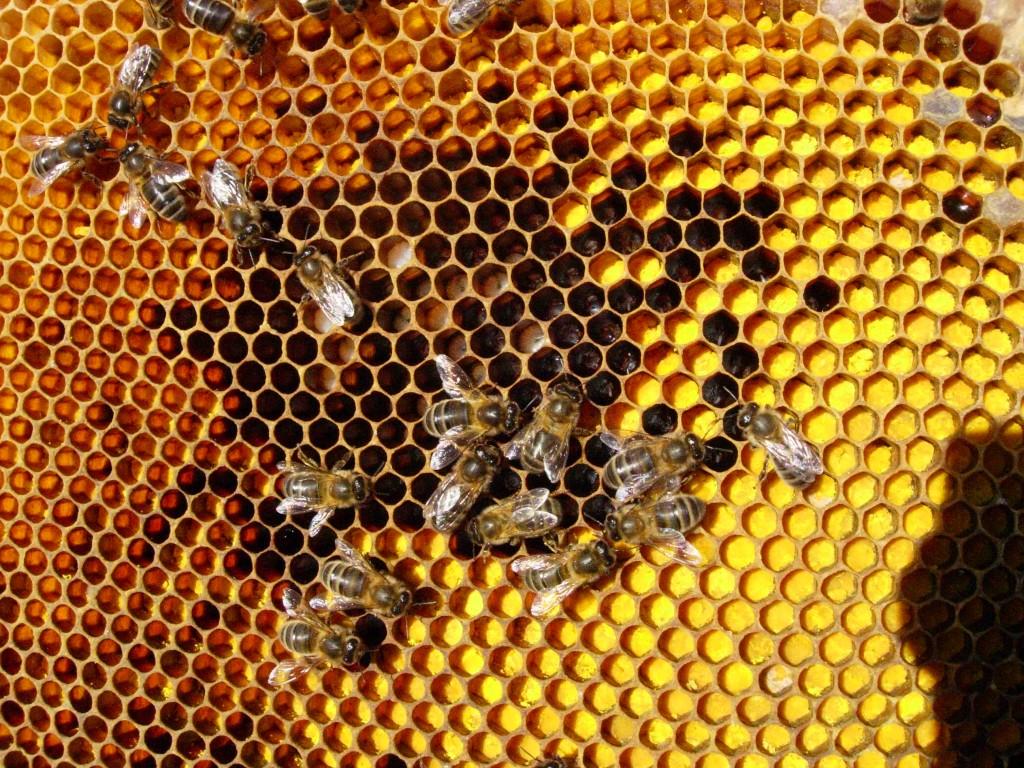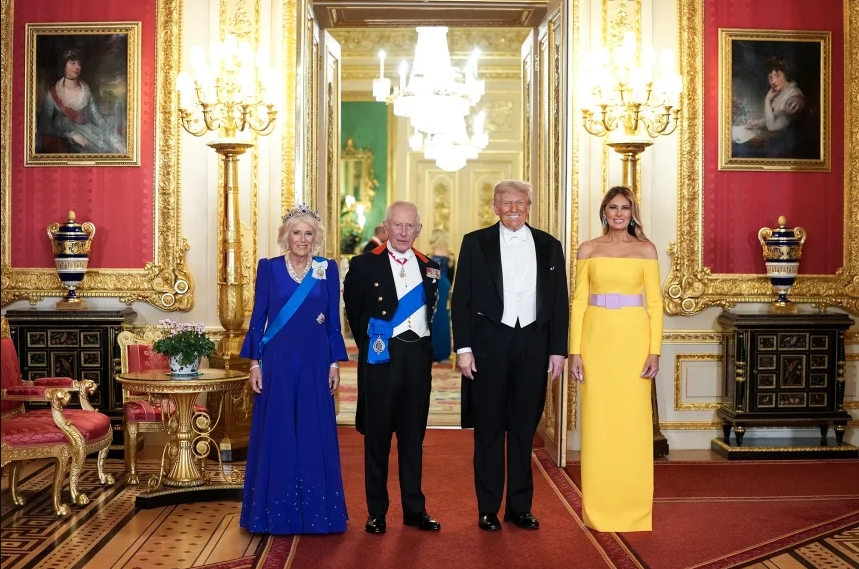There may be some truth in the “stay small” mentality for the U.S. economy — at least as far as the honeybee is concerned. Bees have been dying off at enormous rates in the past decade, according to the Honeybee Conversancy.
This poses a threat to nearly $15 million worth of national crops because bees pollinate them. The Honeybee Conversancy is working to preserve the U.S. honeybee population through its Sponsor-a-Hive program that partners with school and neighborhood gardens to provide a bee house to pollinate plants as well as further the bee pollination.
The Gannon University Goodwill Garden was recently awarded a Sponsor-A-Hive grant from the Honey Bee Conservancy. The grant includes a starter kit of mason bees, beekeeping equipment, beekeeping care instructions and a hive, valued at $450.
The beekeeping equipment is expected to arrive in February, and the bees will arrive in May.
Joe Petrone, a philosophy major, wrote the original grant draft as part of Jenny Vaughn’s Advanced Composition course.
Gretchen Fairley, Gannon’s director of service learning, suggested the class help with the application for Sponsor-a-Hive, and the Goodwill Garden was able to use Petrone’s draft as the blueprint. Petrone said the hardest part of grant writing is knowing how demanding evaluators of grants can be.
“I’m very comfortable writing essays by this point, but it’s completely different,” Petrone said.
Petrone said the company doesn’t want to give just anyone a beehive. Organizations applying for the grant must prove a tax-exempt status.
Petrone said he has always been interested in beekeeping and how honey is made, but has never been directly involved in bee-keeping.
“It’s so well-studied,” Petrone said. “A biologist can watch a bee do the ‘bee dance’ and figure out what flower they’re going to.”
Benefits of beekeeping in the Goodwill Garden extend beyond playing a part in propagating the bee population. Petrone said the garden is trying to increase the number of plants, so having natural pollinators will help.
In the summer, the garden partners with the Martin Luther King Center, so the hive could be potentially used as part of an educational program for the children at the center.
“It would be great education-wise and it would increase the yield of the garden,” Petrone said.
KELSEY GHERING
[email protected]








